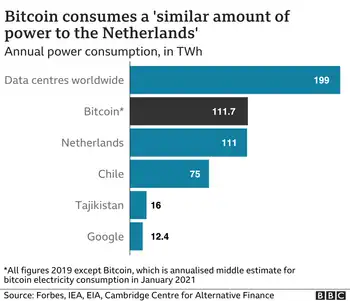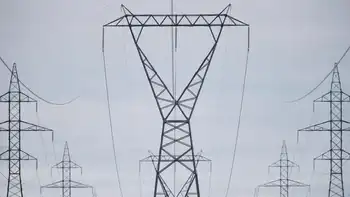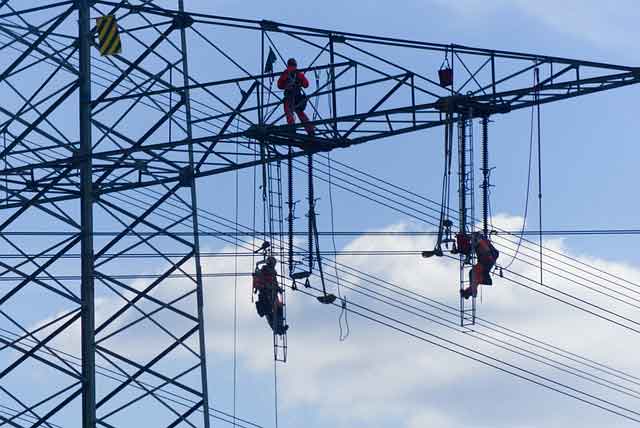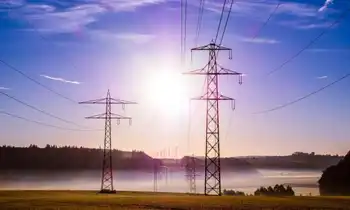Google smart meters going worldwide
Google, in a post on the official company blog, said Reliance Energy of India and Toronto Hydro-Electric System Ltd. of Canada were among the first partners in the Google PowerMeter program.
Other partners include utilities in the US states of California, Florida, Kentucky, Missouri, Texas and Wisconsin, the Mountain View, California-based Internet company said.
"For now, Google PowerMeter is only available to a limited group of customers, but we plan to expand our roll out later this year," Google said.
"Our utility partners are leading the charge to make the electricity grid smarter and we look forward to working with them and others," it added.
Google PowerMeter can tell residents which devices or appliances in their homes are being electricity hogs and which are being frugal with energy.
The software program receives information from smart meters and sends a detailed report to a home computer on how the power is being divvied up.
There are approximately 40 million smart meters in use worldwide. Smart meters have computer chips and can use the Internet to relay information about electricity use to utility companies or consumers as desired.
The electric grid in use in most countries requires utility company workers to periodically read consumers' meters to calculate overall consumption.
According to Google, studies indicate that increased information about energy consumption can result in people trimming five to 10 percent from monthly electric bills.
Related News

How Bitcoin's vast energy use could burst its bubble
LONDON - The University of Cambridge Centre for Alternative Finance (CCAF) studies the burgeoning business of cryptocurrencies.
It calculates that Bitcoin's total energy consumption is somewhere between 40 and 445 annualised terawatt hours (TWh), with a central estimate of about 130 terawatt hours.
The UK's electricity consumption is a little over 300 TWh a year, while Argentina uses around the same amount of power as the CCAF's best guess for Bitcoin.
And the electricity the Bitcoin miners use overwhelmingly comes from polluting sources.
The CCAF team surveys the people who manage the Bitcoin network around the world on their energy use and found that…




